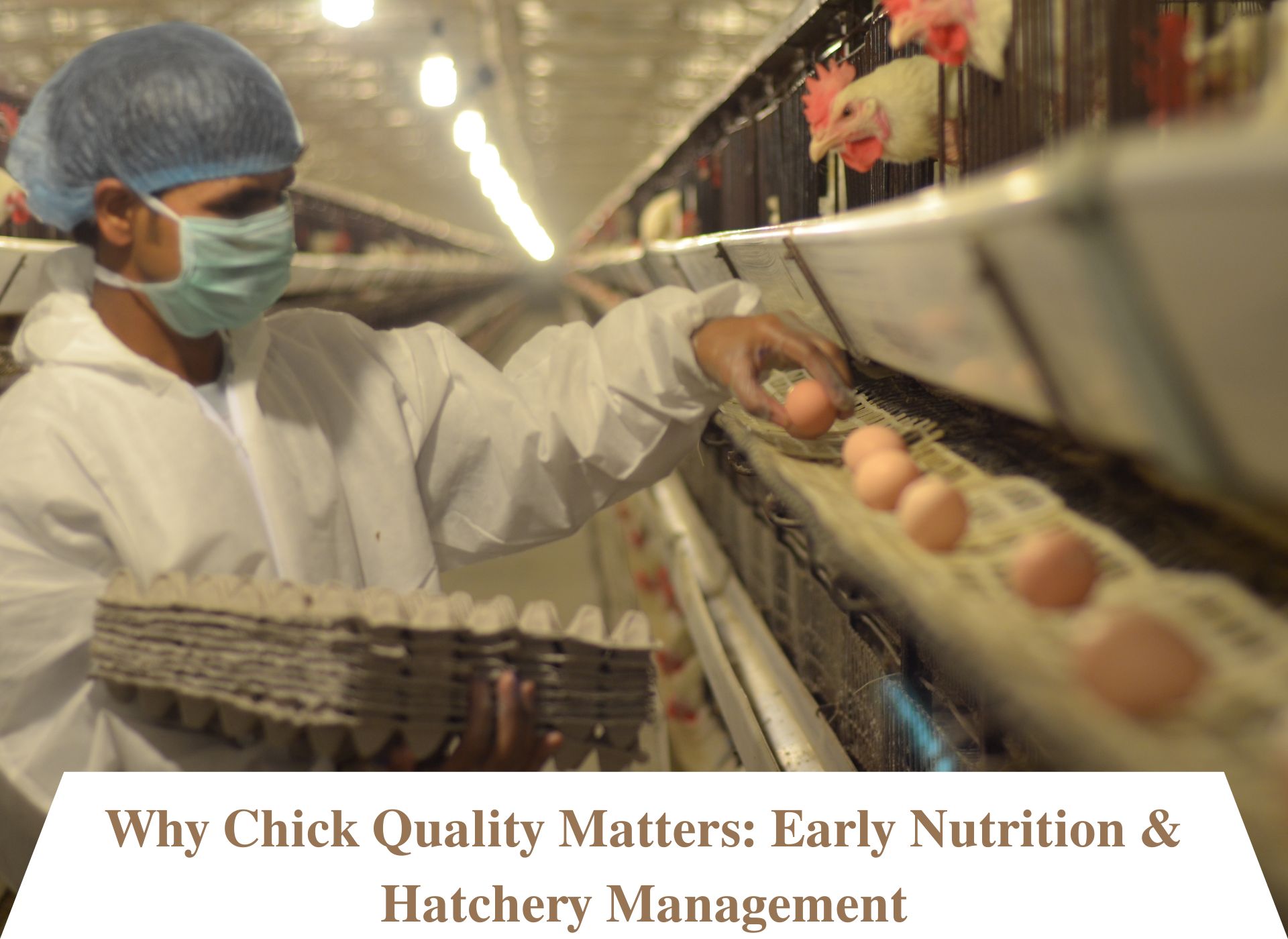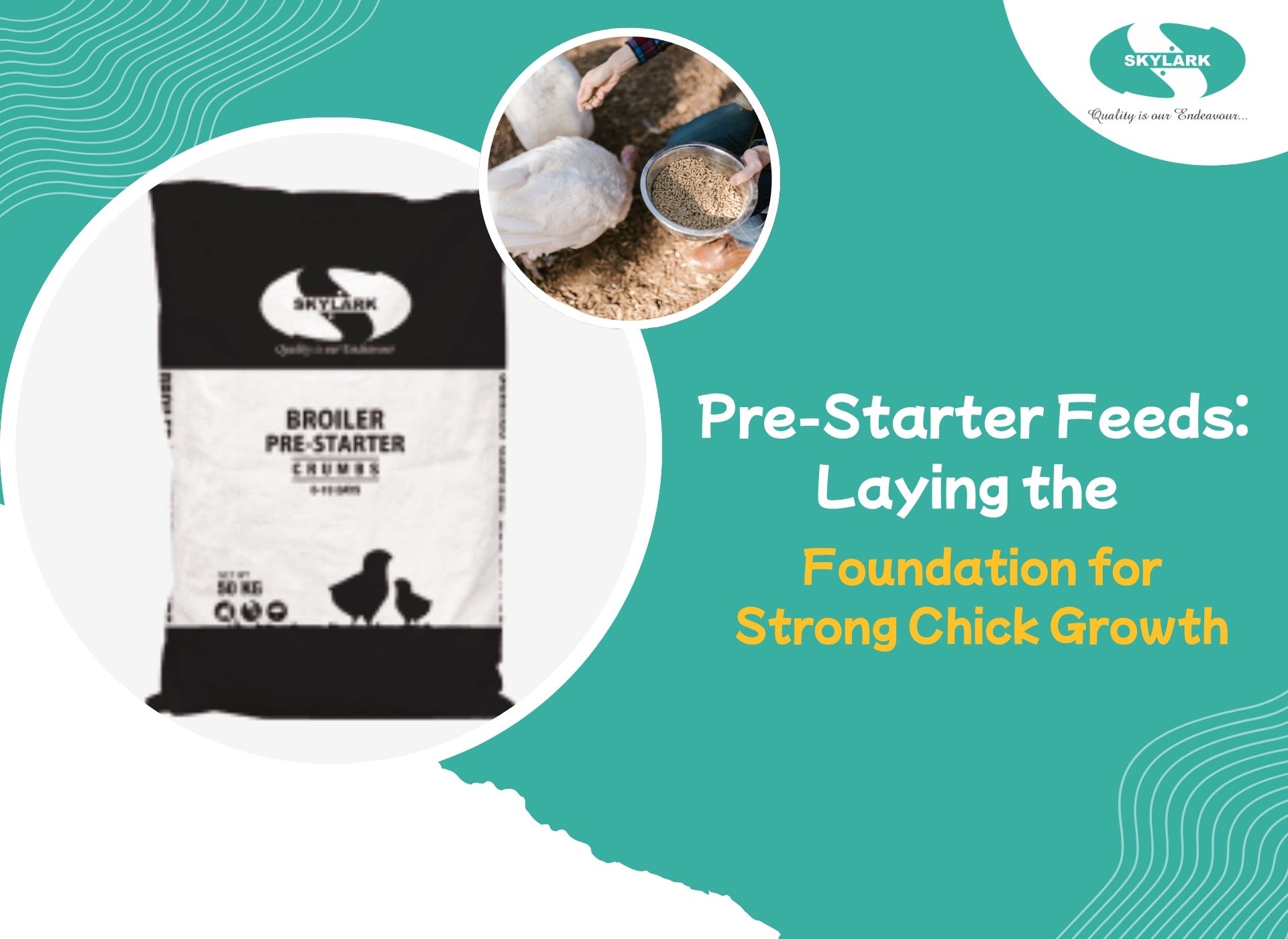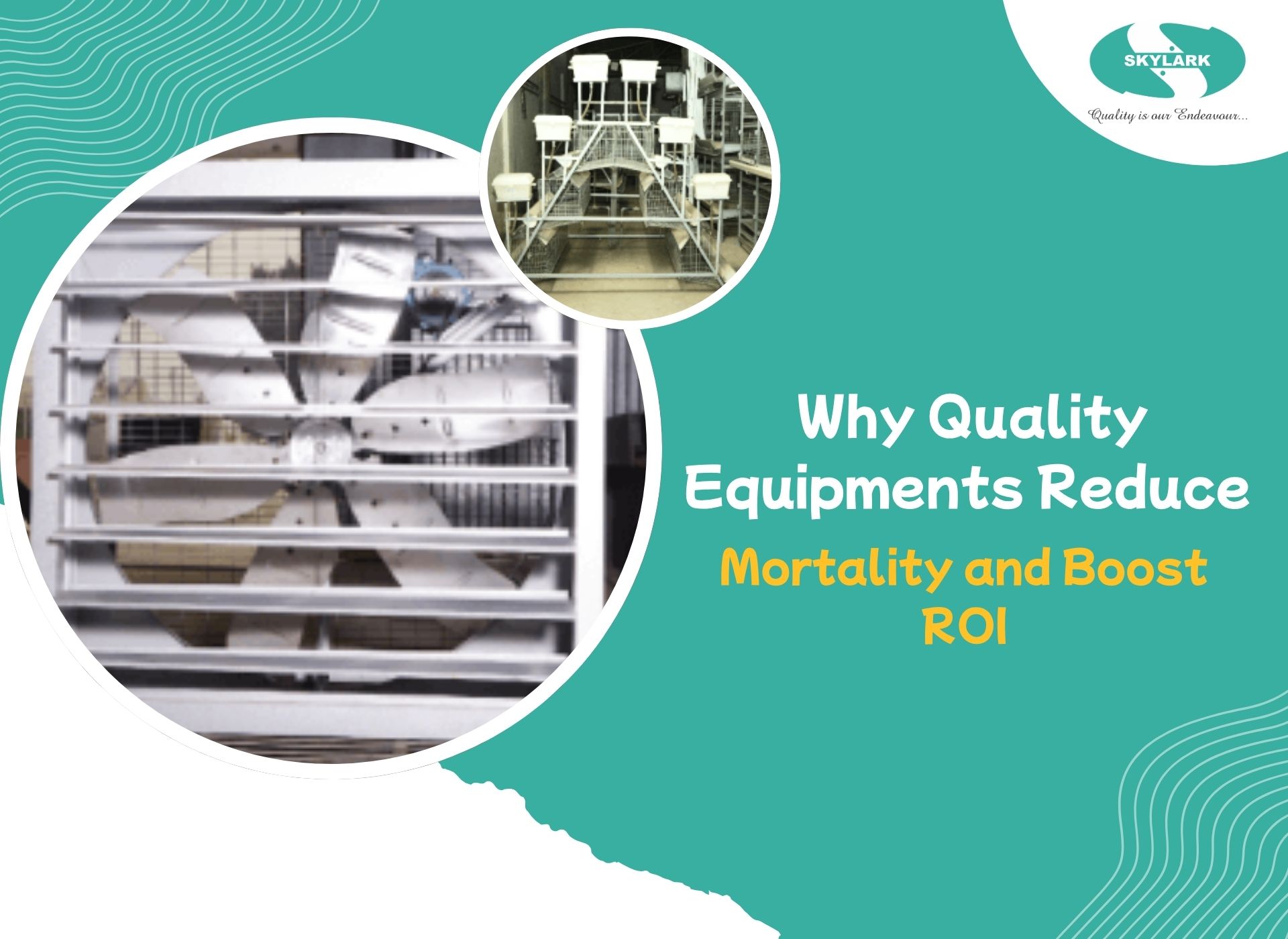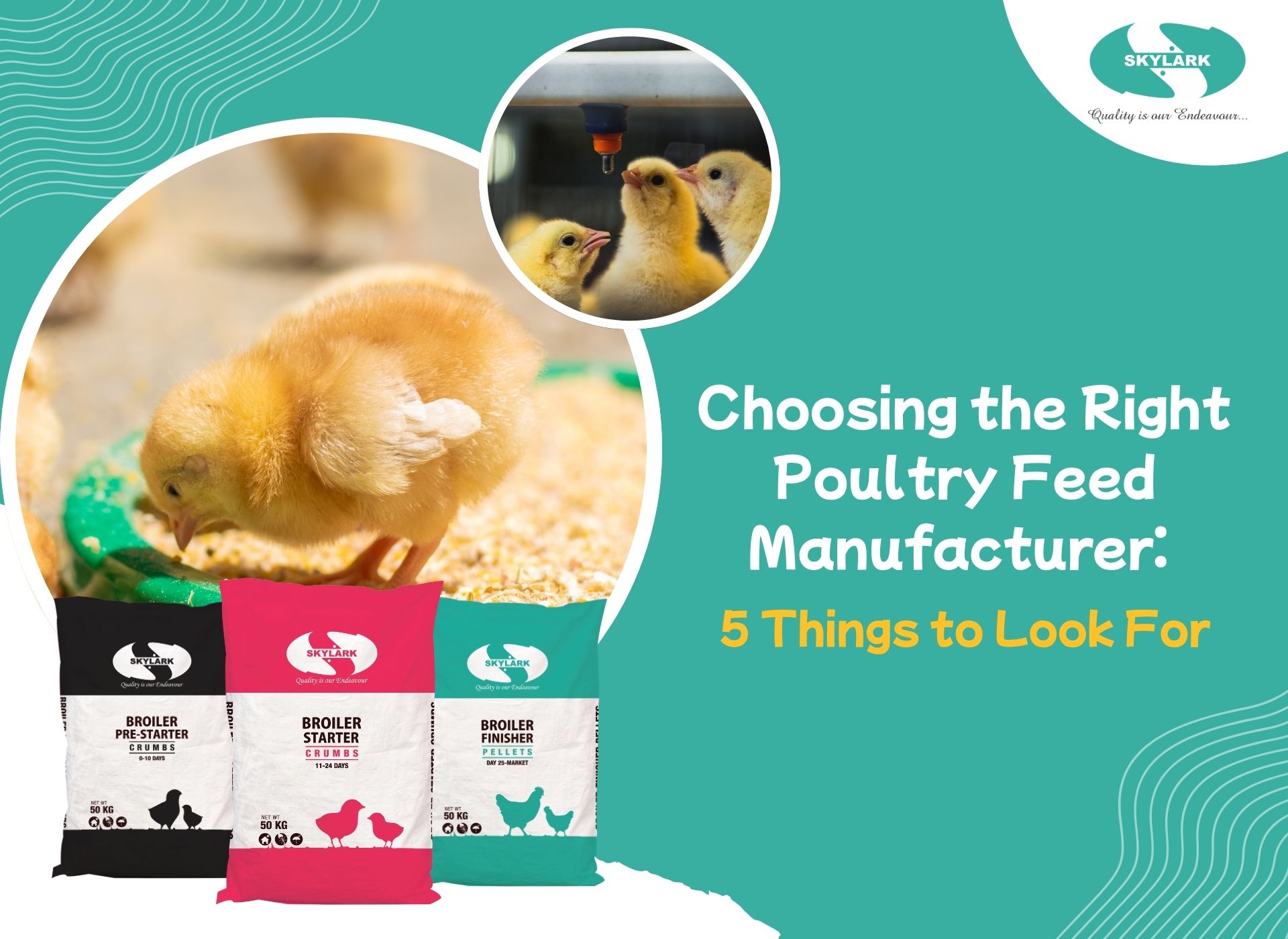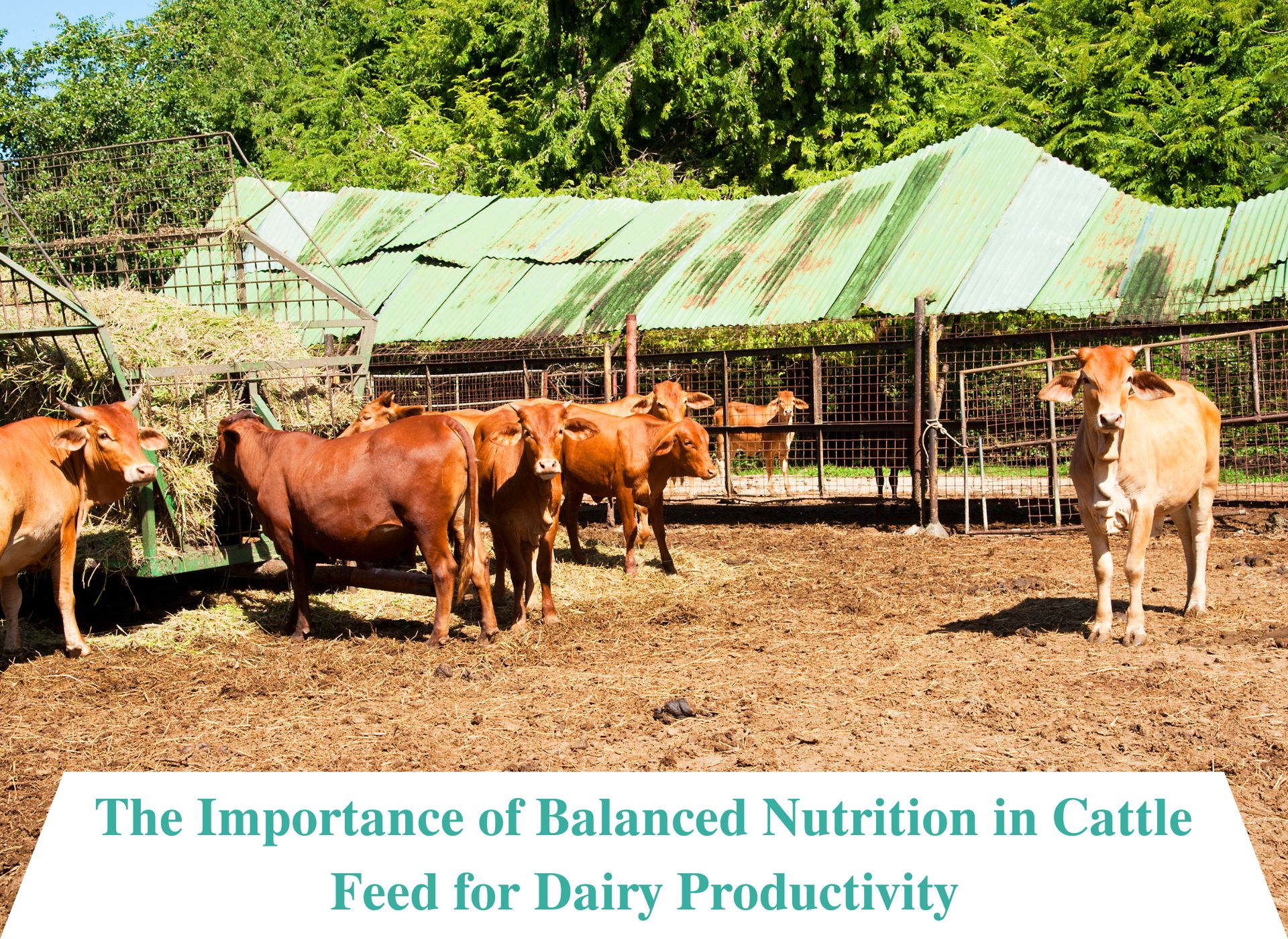Chick quality plays a crucial role in the overall success of a poultry farm. Healthy, robust chicks are the foundation of a productive flock and significantly influence the profitability of poultry operations. From proper hatchery management to early nutrition, every step must be carefully managed to ensure chicks start life strong. One of the most critical components of this process is access to high-quality poultry feeds produced by trusted poultry feeds manufacturers and distributed through reliable poultry feed suppliers.
The Importance of Chick Quality
Chick quality is determined by a combination of genetic factors, hatchery practices, and early nutrition. A chick that is well-developed, alert, and free from deformities is more likely to survive, grow efficiently, and resist disease. Poor-quality chicks, on the other hand, are more susceptible to infections, require more medical interventions, and often fail to reach optimal production levels.
Ensuring high-quality chicks begins with good breeder flock management and a clean, well-maintained hatchery environment. Hatcheries that prioritize hygiene, temperature control, and biosecurity contribute significantly to chick vitality.
Hatchery Management and Chick Health
Modern hatchery management goes beyond just hatching eggs. It includes several stages, such as egg selection, sanitation, incubation, and post-hatch care. Each of these stages must be optimized to produce high-quality chicks.
1. Egg Selection
Only clean, uniformly sized, and crack-free eggs from healthy breeder flocks should be used. Eggs must be stored under optimal conditions before incubation to ensure embryo viability.
2. Incubation
Correct temperature, humidity, and ventilation during the incubation period are crucial. Automated incubation systems help maintain consistent environmental conditions, reducing the risk of developmental issues.
3. Sanitation
Hatcheries must follow strict cleaning protocols to eliminate disease-causing pathogens. Equipment, trays, and incubators should be regularly sanitized to prevent contamination.
4. Post-Hatch Care
After hatching, chicks should be moved quickly to brooding facilities where they receive adequate warmth, light, and ventilation. The first few hours are critical for hydration and nutrition.
Early Nutrition: The Foundation of Growth
Once chicks hatch, they need access to high-quality poultry feeds immediately. These early feeds are designed to support immune development, skeletal growth, and gut health. The quality and timing of feed delivery can determine whether a chick thrives or struggles.
Nutritional Requirements in the First Week:
- Protein: Essential for muscle development and immune function
- Energy: Provided by carbohydrates and fats for thermoregulation and activity
- Vitamins & Minerals: Crucial for bone development, metabolic function, and disease resistance
- Probiotics & Enzymes: Support gut health and digestion
Top poultry feed manufacturers include these components in pre-starter and starter feeds to maximize performance. Choosing the right poultry feed supplier ensures that feeds are fresh, well-formulated, and consistently available.
Role of Poultry Feeds in Chick Development
High-quality poultry feeds influence multiple aspects of chick development:
- Weight Gain – Balanced nutrition leads to faster growth and better feed conversion ratios.
- Immunity – Nutrient-rich feeds help develop strong immune systems, reducing the risk of early mortality.
- Feathering and Bone Strength – Proper levels of calcium, phosphorus, and amino acids are essential.
- Gut Health – Prebiotics and probiotics improve digestion and reduce infections.
- Uniformity – Quality feeds result in more uniform chick batches, which simplifies flock management.
Choosing the Right Poultry Feeds Manufacturer
Selecting a reliable poultry feeds manufacturer is key to ensuring the nutritional consistency your chicks need. Look for manufacturers with:
- ISO or GMP certification
- In-house laboratories for feed testing
- Proven track record in the industry
- Use of non-GMO, quality raw materials
- Specialized feed for different bird types (broilers, layers, breeders)
These manufacturers often work closely with poultry feed suppliers to ensure timely delivery and technical support to farmers.
Role of Poultry Feed Suppliers in Farm Success
A dependable poultry feed supplier bridges the gap between manufacturers and poultry farms. Beyond just distribution, they offer:
- On-time delivery of fresh, contamination-free feed
- Guidance on feed storage and handling
- Technical support for feeding programs
- Access to customized feed blends for different life stages
A strong relationship with a trusted poultry feed supplier ensures that feed quality remains consistent and farm performance stays high.
Common Mistakes in Early Chick Nutrition
Even with the best poultry feeds, mismanagement can affect chick health. Common mistakes include:
- Delayed feeding: Chicks should have access to feed within a few hours of hatching.
- Improper storage: Feeds should be stored in cool, dry places to avoid mold and nutrient loss.
- Over- or underfeeding: Follow feeding charts to avoid wastage and ensure balanced intake.
- Poor water quality: Clean, fresh water is just as important as feed.
Integrating Feed Strategy with Hatchery Practices
Successful poultry farming combines hatchery excellence with superior nutrition. This means hatchery managers and nutritionists must work together. For example:
- Hatcheries can provide chicks with gel-based nutrient supplements immediately after hatch.
- Farms can offer easily digestible pre-starter poultry feeds formulated by top poultry feeds manufacturers.
- Close coordination with poultry feed suppliers ensures there are no gaps in feed availability during critical growth periods.
Conclusion
Chick quality isn’t just about how a chick looks at hatch—it’s about how well it’s prepared to thrive. This depends on careful hatchery management and, crucially, early access to premium poultry feeds. Working with reputable poultry feeds manufacturers and dependable poultry feed suppliers ensures chicks receive the right nutrition from the start. Investing in these early stages leads to stronger birds, improved productivity, and better farm profitability. In poultry farming, the first week of a chick’s life can define its entire journey—and it all starts with quality care and nutrition.

